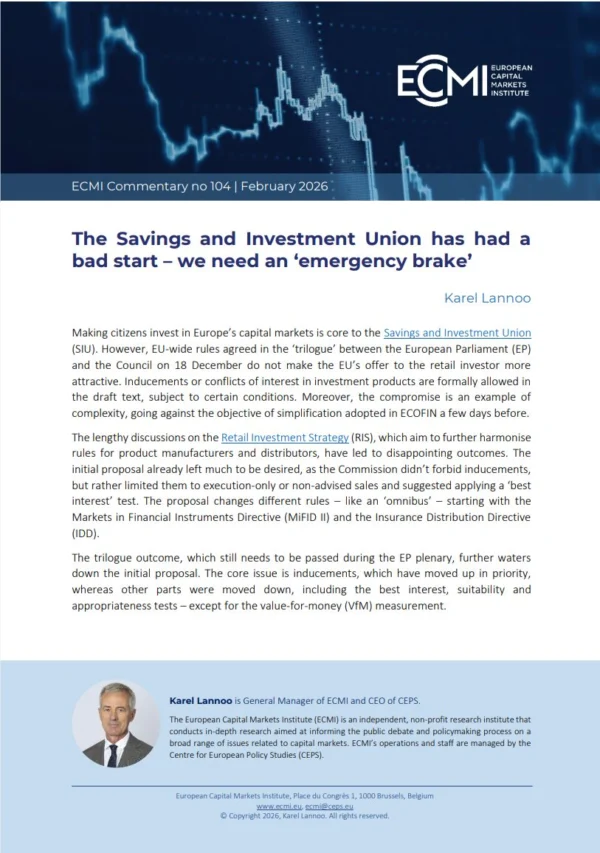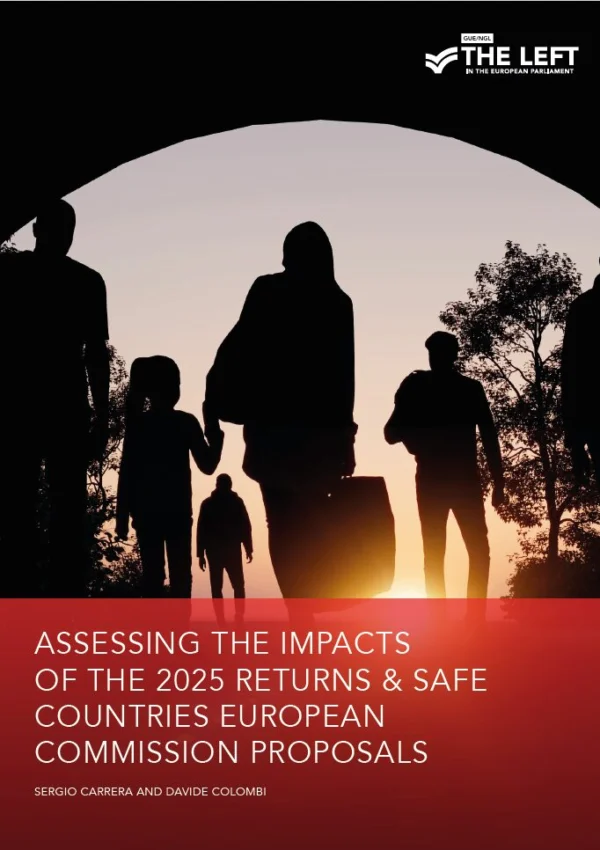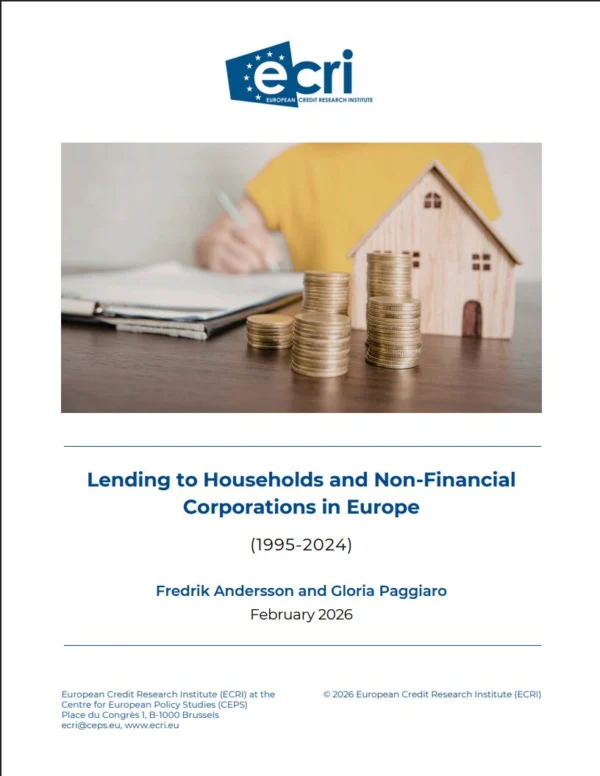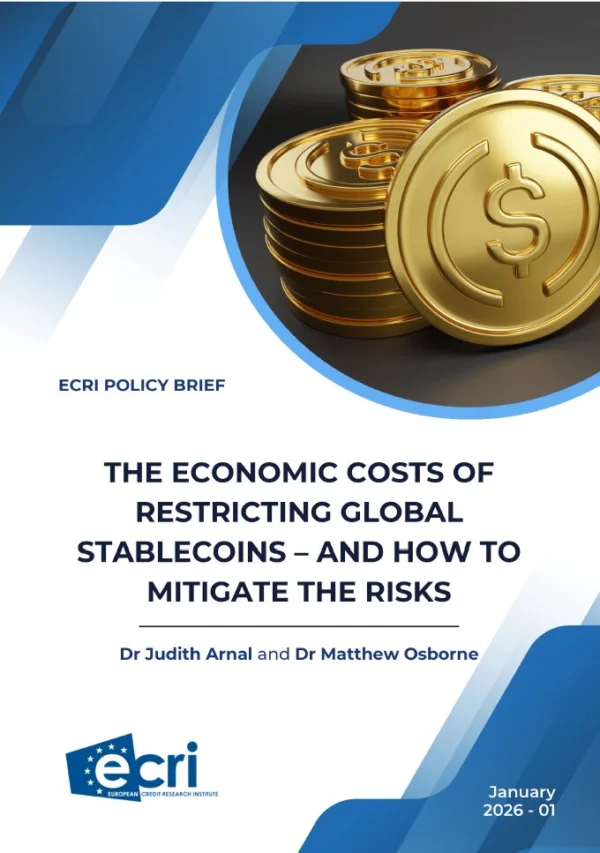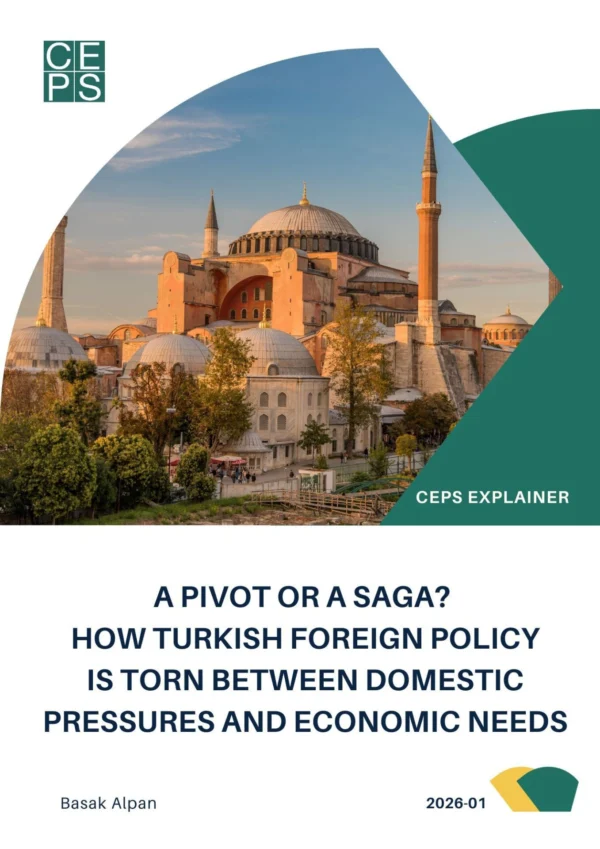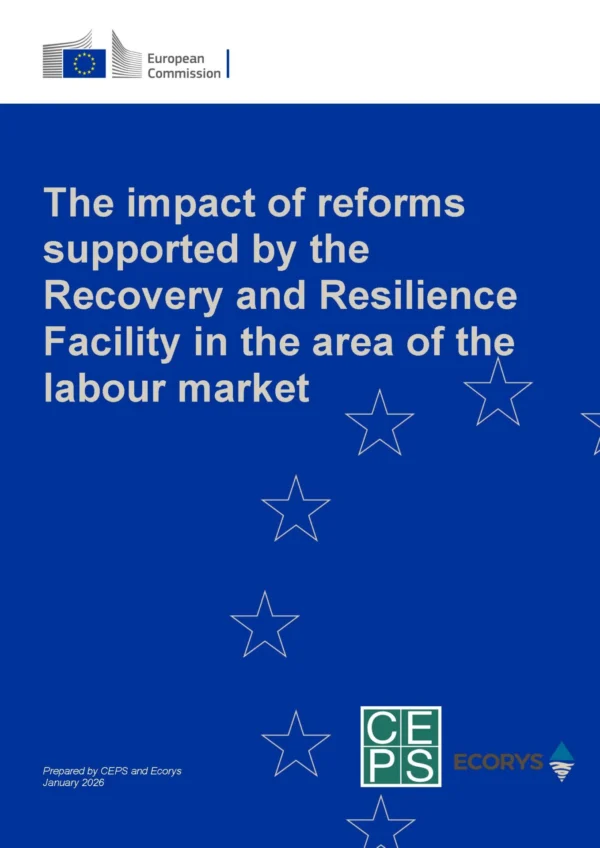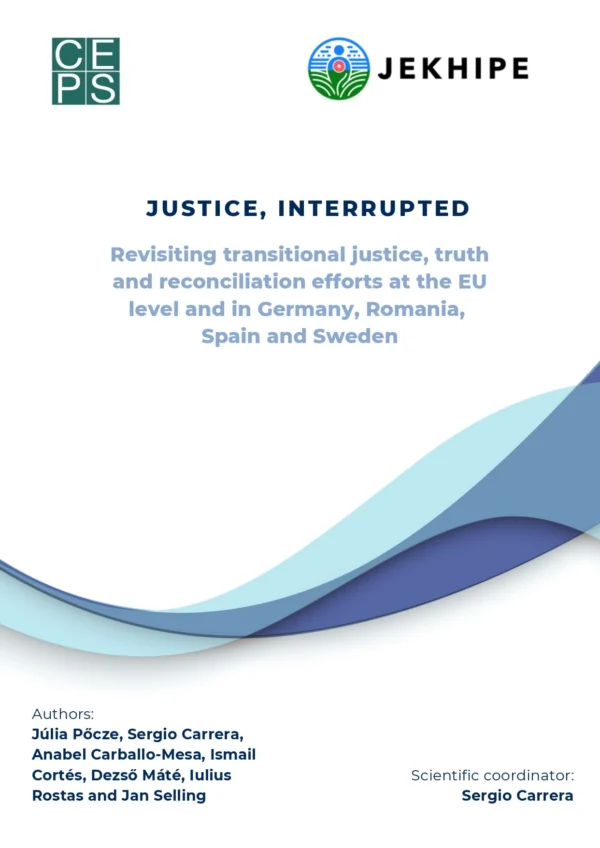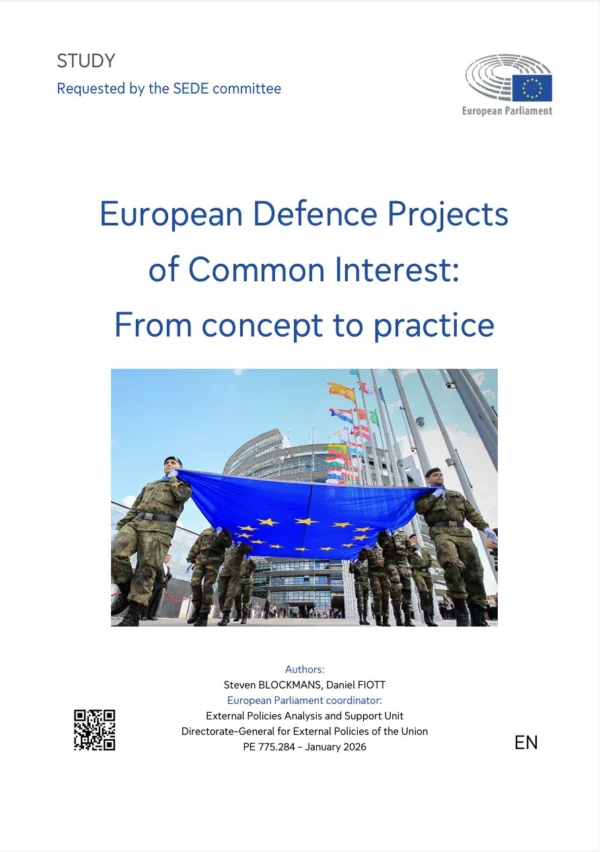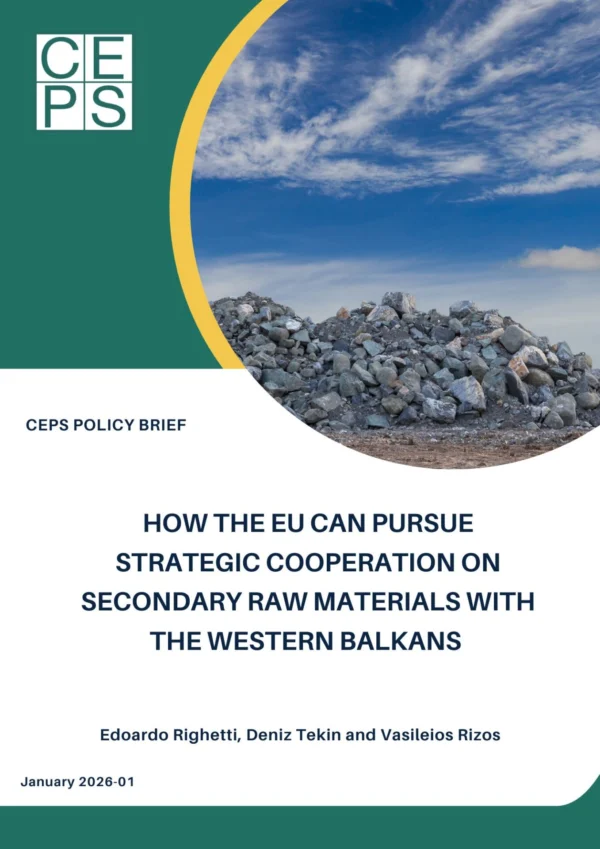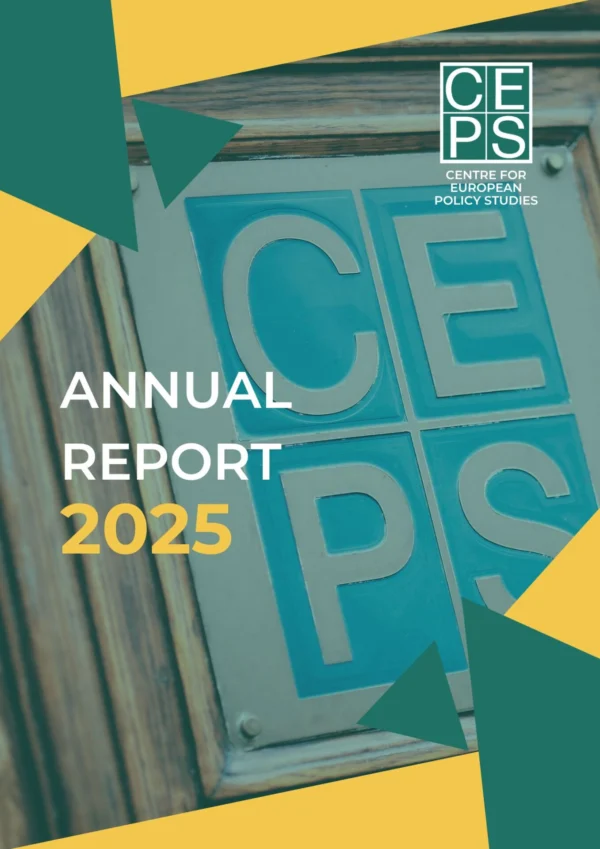Ideas from the ‘Future Europe’ forum
Much progress has been made in improving resilience of the single currency since the beginning of the crisis. But many important issues remain to be tackled. The leaders of euro-area member states are expected to use the European Union Summit on 28-29 June 2018 to take preliminary decisions about which additional reforms to pursue. The run-up to this meeting saw a lively debate involving economists and policymakers, albeit against a backdrop of rising Euroscepticism among and waning trust between European partners.
ESMT and the German Council of Economic Experts (GCEE) initiated the ‘Future Europe’ forum in the summer of 2017, aiming to bring together a high-level group of economists to discuss economically sensible, legally sound, and politically feasible concepts that deserved to be taken forward. By offering a forum for discussion, we hoped to foster constructive dialogue.
They chose an innovative video-conference format to bring experts together face to face without them having to leave their desks (or living rooms). Some 30 economists took part in a dozen such virtual meetings, and their contributions culminated in a publication, brought out jointly by the Centre for European Policy Studies (CEPS), ESMT and the GCEE.
The ebook Towards a More Resilient Euro Area: Ideas from the ‘Future Europe’ forum gathers summaries of these economists’ proposals and the discussions they sparked. The main aim was not to produce a variant of the jointly-authored academic paper, but to foster a lively debate between economists who – as one participant put it – “agree somewhat, but not too much”. The publication as a result combines essays outlining an individual author’s thoughts with summaries of the informed, impassioned, and always respectful discussions during each forum. While each contribution can only be attributed to the respective author, each idea and thought is a valuable input that deserves to be considered by European governments as they set about the next euro-area reforms.



